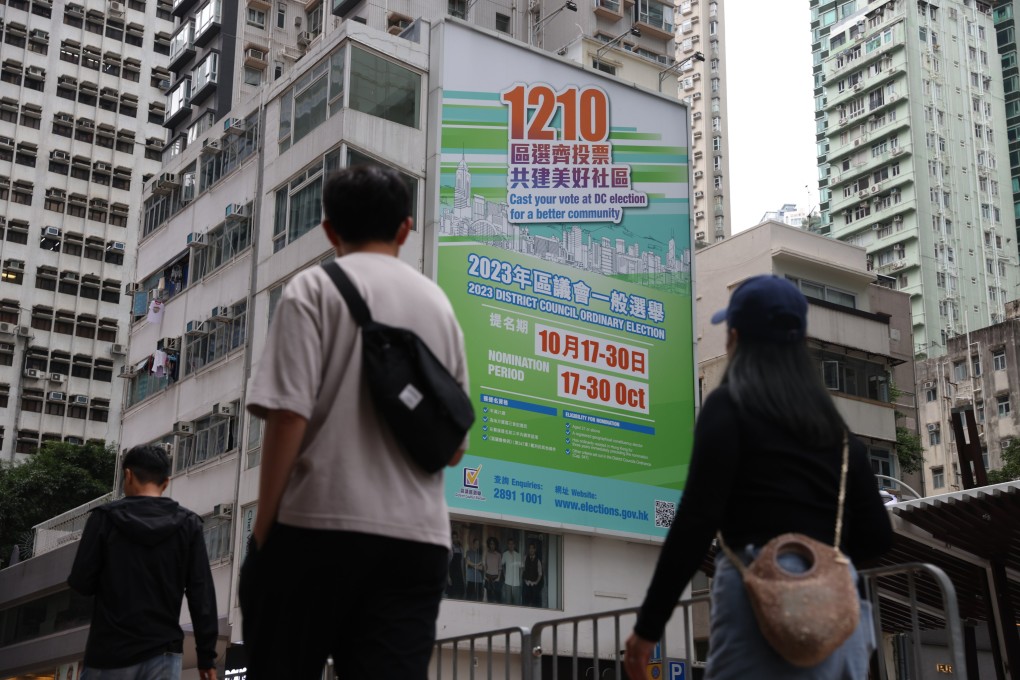Nearly half of Hong Kong’s district councillors racing against time to secure offices before deadline
- Only 267 of 470 councillors have set up offices, according to Home and Youth Affairs Bureau
- Some councillors point to high rental prices as biggest challenge, especially in constituencies located in commercial districts or private housing estates

Some highlighted expensive rents as their biggest problem, especially in constituencies located in commercial districts or private housing estates, and a few said they expected to barely meet the deadline.
The complaints came despite Secretary for Home and Youth Affairs Alice Mak Mei-kuen saying she was confident that all councillors could open an office “by the end of this month”.
She did not explain how authorities were assisting them in their hunt for premises.
The Home and Youth Affairs Bureau said only 57 per cent, – 267 of 470 councillors – had set up offices by March 15.
Sophia Lee Shuk-woon of Kwun Tong district, one of eight councillors interviewed by the Post, said the biggest headache she faced in finding an office was competition from the commercial sector.